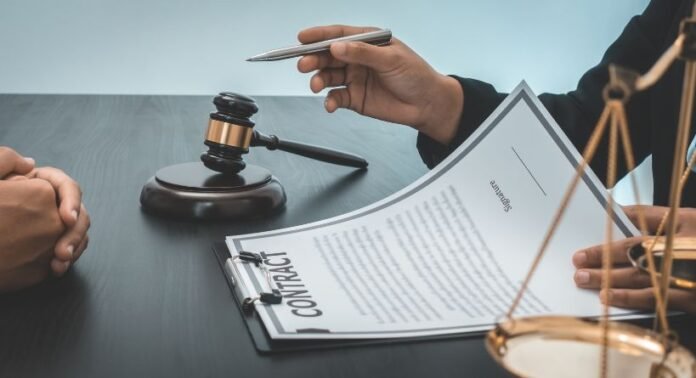The United Nations was established in 1945 with the goals of promoting global stability, safeguarding individual rights, and advancing human progress. Almost 75 years later, the complex political, social, and economic transformation of modern society has brought us challenges and opportunities that require a collective response that must be guided by the rule of law, as it is the foundation of friendly and equitable relations between states and the basis of fairs societies.
Also read about this blog: loranocarter+oakland
The rule of law is a guiding principle in the United Nations (UN) system that requires everyone to be held accountable for their actions in accordance with laws that have been promulgated publicly, are uniformly enforced, are independently adjudicated, and are in line with international human rights norms and standards. It necessitates taking steps to guarantee adherence to the principles of separation of powers, citizen participation in decision-making, legal certainty, avoidance of arbitrariness, and procedural and legal transparency, as well as the supremacy of the law, equality before the law, accountability to the law, fairness in the application of the law, and so on.
Peace, security, and political stability on a global scale; economic and social growth; the safeguarding of individual rights and liberties; these are all things that can only be attained by adherence to the rule of law. The social compact between citizens and the state, the prevention of corruption, the limitation of abuse of power, and access to public services all depend on it. The 2030 Agenda and the Sustainable Development Goals should aim to improve rule of law-based societies because of the close relationship between rule of law and development (SDGs).
In addition, SDG 16 is an enabling objective since it encourages Member States to make policy changes at the national level that help achieve the other SDGs. Improvements in service delivery and public faith in government may result from rule of law improvements that make the judicial system more open and responsible to its citizens. From the beginning, this strategy should cater to the requirements of people and communities, ensuring that those who have been historically marginalized and are at danger of being left behind are not forgotten. It entails enabling people and communities to utilize judicial processes to preserve their basic human rights, preventing significant abuses of those rights, and holding those responsible to credible account at the national and international levels.
The General Assembly and the Security Council have both emphasized the importance of the rule of law in their resolutions calling for a review of the peacebuilding architecture. The United Nations (UN) must have a unified, all-encompassing strategy to peacekeeping if it is to effectively assist Member States’ initiatives in this area. This needs coordination across political, security, development, human rights, gender equality, and rule of law initiatives.
As part of efforts to fortify the rule of law, states must acknowledge that it is their primary responsibility to safeguard their citizens from atrocities like genocide, crimes against humanity, ethnic cleansing, and war crimes, and adhere to all applicable international law standards (including those pertaining to the use of force). Humanitarian and human rights agendas rely heavily on the rule of law since it is essential to tackling the root causes of migration and homelessness and serves as the basis for any system of protection offered to those in need.
New and pressing problems, such as the spread of hate speech and incitement to violence, the prevention of radicalization and violent extremism, the effects of climate change and environmental degradation on people’s safety and standard of living, and the complexities of artificial intelligence and cybercrime, fall under the umbrella of rule of law issues.
The Rule of Law Wheel
The idea that the law applies equally and equitably to both the government and people is foundational to both the wheel and the rule of law. This implies that everyone, regardless of socioeconomic standing, ethnicity, religion, or any other distinguishing factor, ought to live under the protection of fair legislation.
Also read about this blog: clermont twins before and after nose job
In addition, the rim of the wheel depicts a number of interconnected ideas that, taken together, represent Australia’s rule of law, such as the presumption of innocence and the right to speedy and impartial trials.
The rule of law relies on these concepts, hence they are essentially necessary. The rule of law in Australia would grind to a halt if these were to be dismantled.
Support for these ideals and Australia’s rule of law from educated and engaged individuals is also crucial. Our rule of law and democratic society can’t function without the help of responsible and involved individuals.













